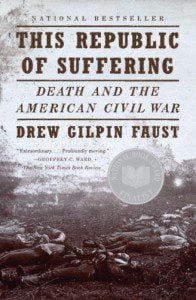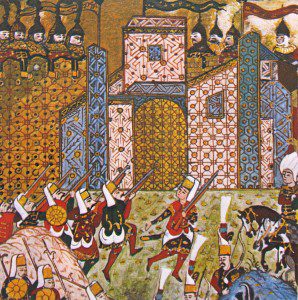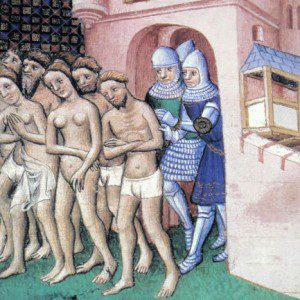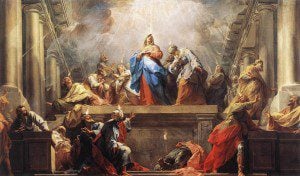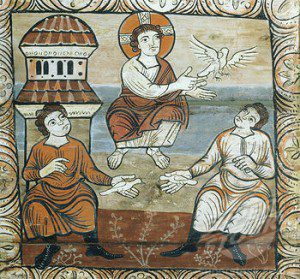Welcome to this fourth installment of Death Wednesday here at the Anxious Bench. In my last post I described the nostalgic appeal of Trappist caskets and old-time burial practices at the bucolic Abbey of Gethsemani. For me and my students, Gethsemani seemed awfully appealing as we contemplated the likelihood of our own deaths in an antiseptic hospital while harnessed to a machine. For nineteenth-century Americans, the notion of death outside the home was inconceivable. Historian Drew Gilpin Faust describes this... Read more


